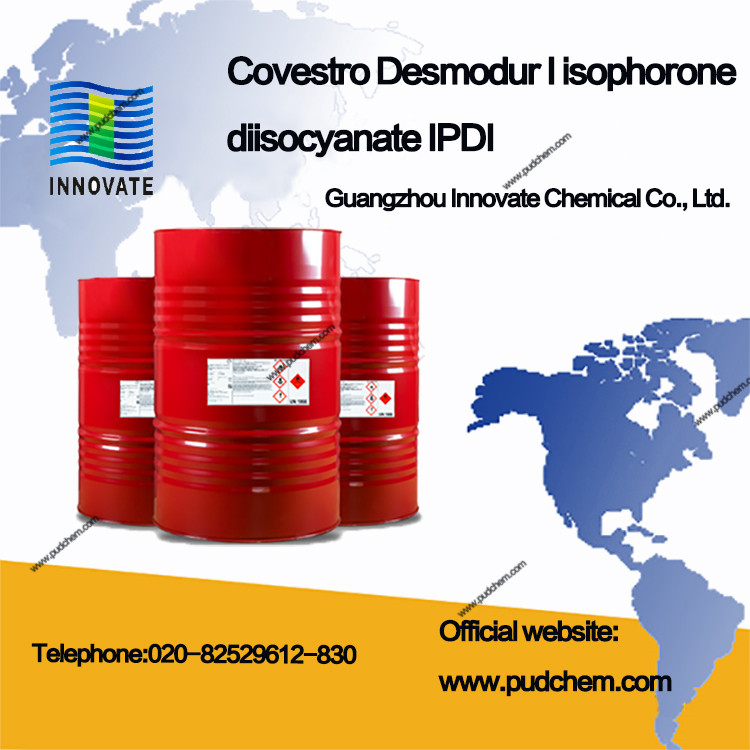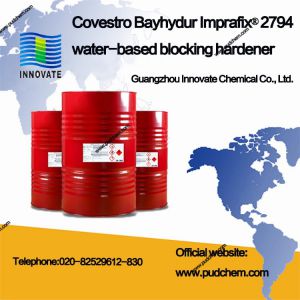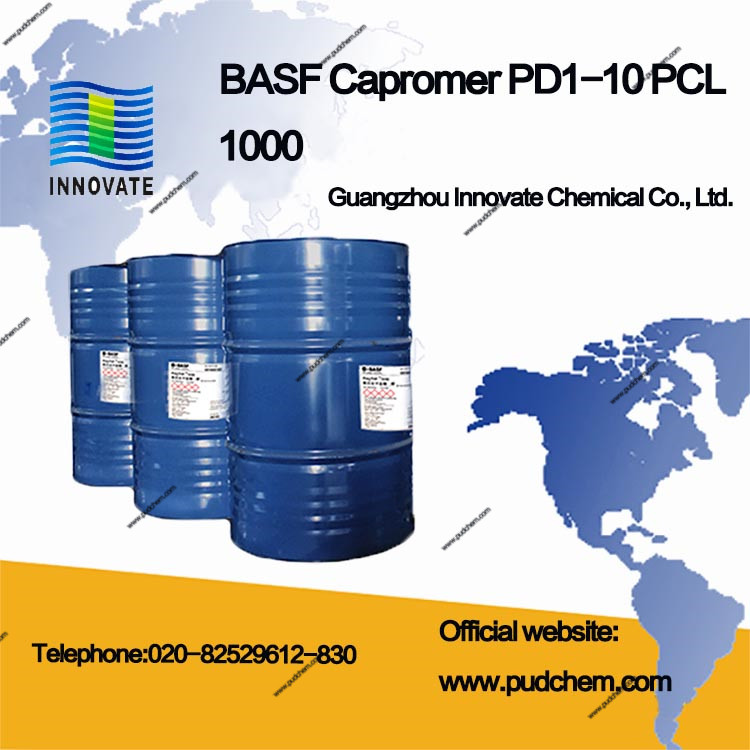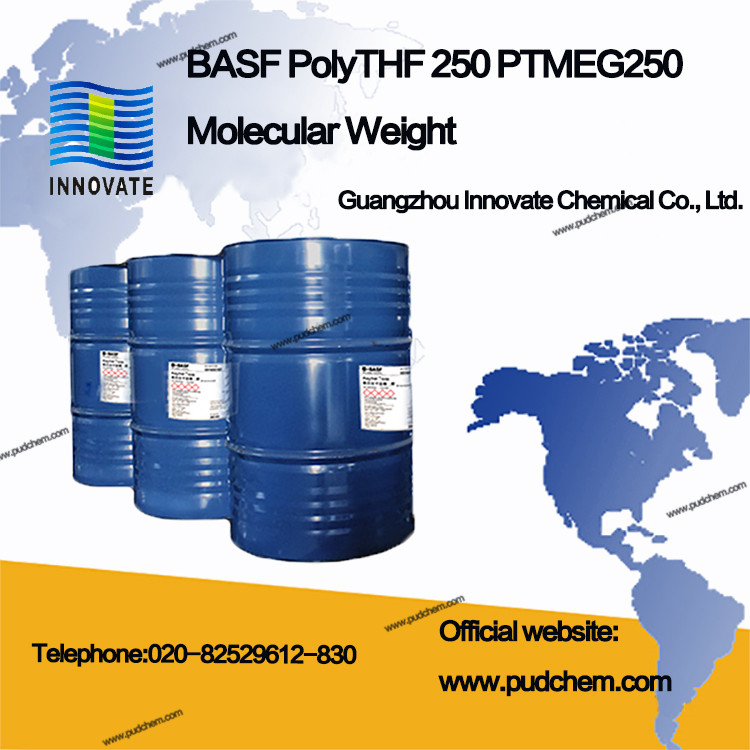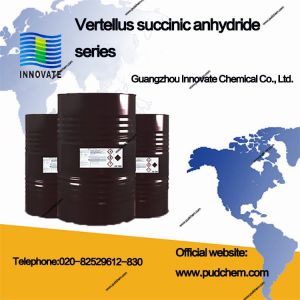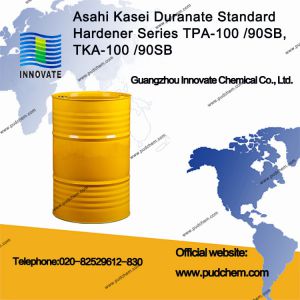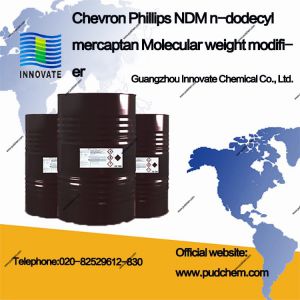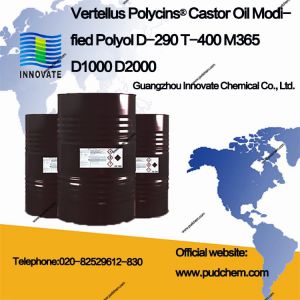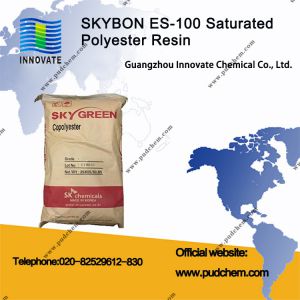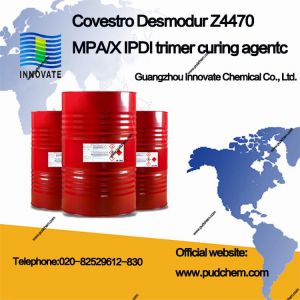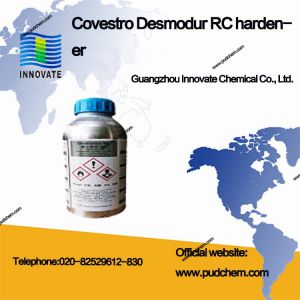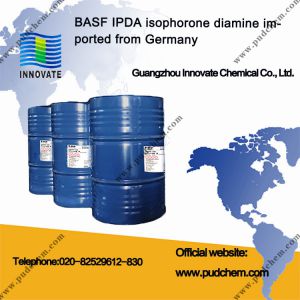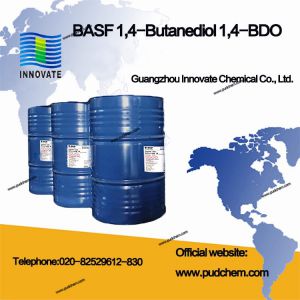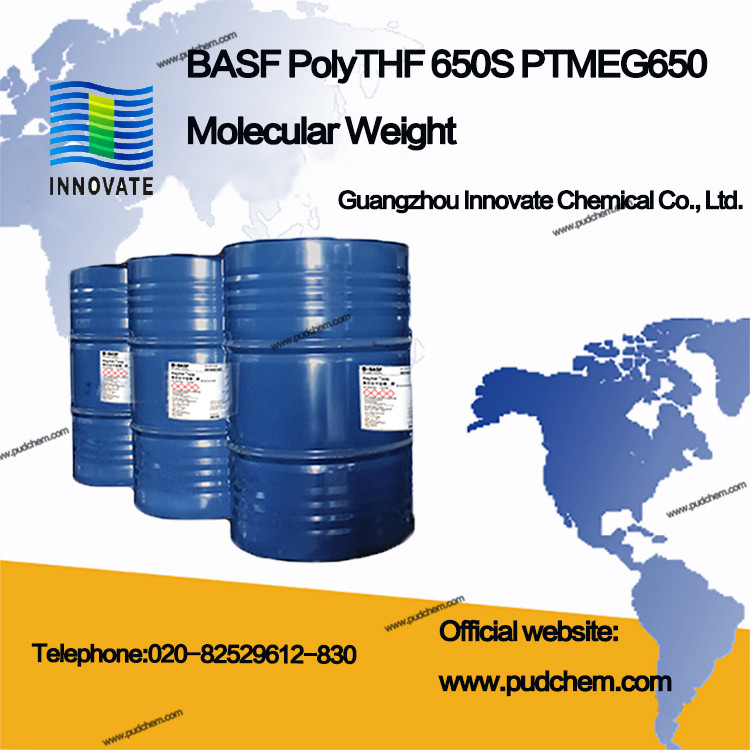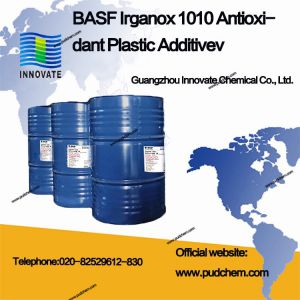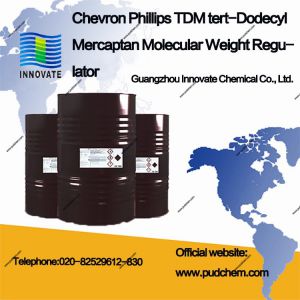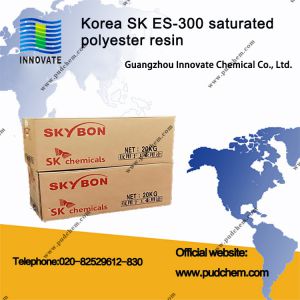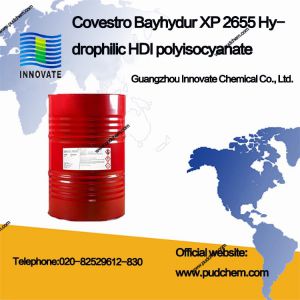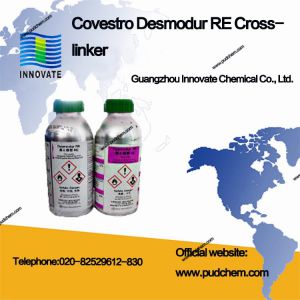Evonik Degussa Vestanat B1358/100 Water and Oil Universal Sealed Polyurethane Hardener B 1358-100
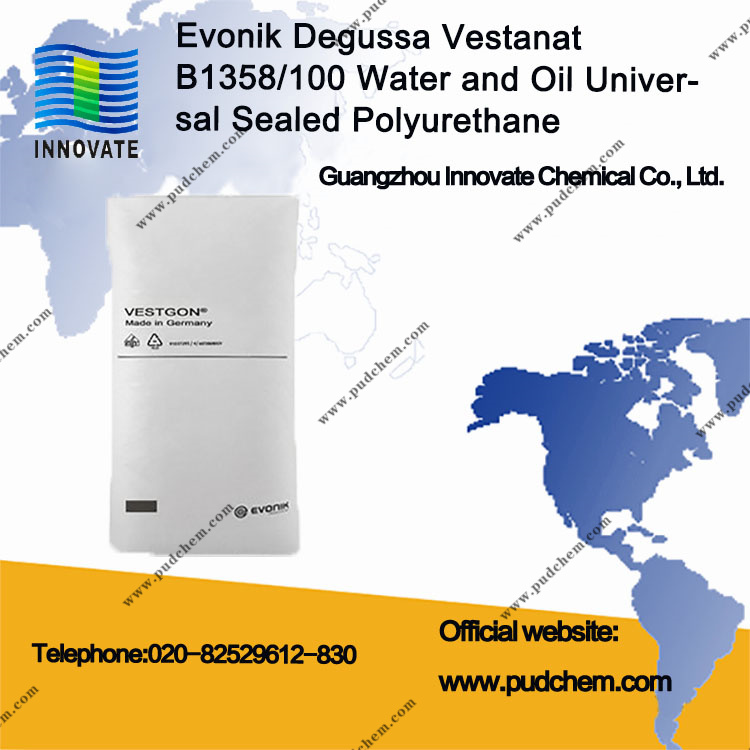
Product introduction
VESTANAT B1358/100 is a solvent-free blocked cycloaliphatic polyisocyanate based on isophorone diisocyanate, available in sheet form.
Specifications
|
performance |
unit |
Typical value |
testing method |
|
Free NCO content |
% wt |
≤0.5 |
EN ISO 11909 ASTM D2572 |
|
NCO content |
% wt |
12.0-12.6 |
EN ISO 11909 Improvements |
Typical data
|
performance |
unit |
Typical value |
testing method |
|
solids |
% wt |
100 |
— |
|
unblocking temperature |
℃ |
about 130 |
— |
|
Melting range |
℃ |
115-130 |
DIN 53181 |
|
Bulk density |
kg/m3 |
580-600 |
DIN 53466 |
|
burning point |
℃ |
350 |
DIN 51794 |
performance and application
VESTANAT B1358/100 is a solvent-free blocked cycloaliphatic polyisocyanate suitable for use as a curing agent for various hydroxy resins such as polyester resins, acrylic resins and alkyd resins.
The solvent-free delivery form allows a wide selection of solvents to optimize paint formulations when applied. It can be easily applied to waterborne one-component polyurethane stoving coating systems by choosing a water-miscible solvent. When dissolved in plasticizers, VESTANAT B1358/100 can also be used for the modification of PVC or other thermoplastics.
In principle, it can be used in all kinds of polyurethane coatings whose baking temperature is above 130℃. The performance of the paint film depends mainly on the polyol used, in fact VESTANAT B1358/100 is a hard component in the paint, and some polyols to increase flexibility may be required. Relevant suggestions such as data preparation:
VESTANAT B1358/100 is also available as a 60% solids solution (VESTANAT B1358A).
Solubility
VESTANAT B1358/100 can be dissolved in most common solvents, such as: ketones, esters, aromatic hydrocarbons, alcohols, alcohol ethers, etc., and has limited miscibility with white mineral oil.
When dissolving, if the solvent system contains alcohol, the temperature should not exceed 80°C, and if there is no solvent with hydroxyl groups, the temperature can be raised to a maximum of 100°C.
We recommend dissolving according to the following operation process: under strong stirring, first add 30% of the VESTANAT B1358/100 to the preheated solvent (80~100℃), then continue stirring, within 30~60 minutes The remaining VESTANAT B1358/100 will be added gradually. The final complete dissolution time depends on the solvent and equipment used. Of course, pre-grinding can effectively reduce the dissolution time.
It is recommended to use a 10um filter for filtration.
Curing and Catalysts
Generally, organic tin catalysts are used in solvent-based systems, such as DBTL, and the recommended amount is between 0.2 and 0.5% by weight of the resin. Based on the activity of the polyol, the final curing conditions are between 30 and 60 minutes at 130°C.
When used in water-based systems, since the activity of the organotin catalyst will be greatly reduced, the recommended curing conditions are at least 140~150℃ for 30 minutes.
- PREV:Covestro Desmocap® 11 heat activated TDI hardener Adhesive hardener Epoxy flexibility modification
- NEXT:Evonik Degussa DYNAPOL L411 saturated polyester resin

